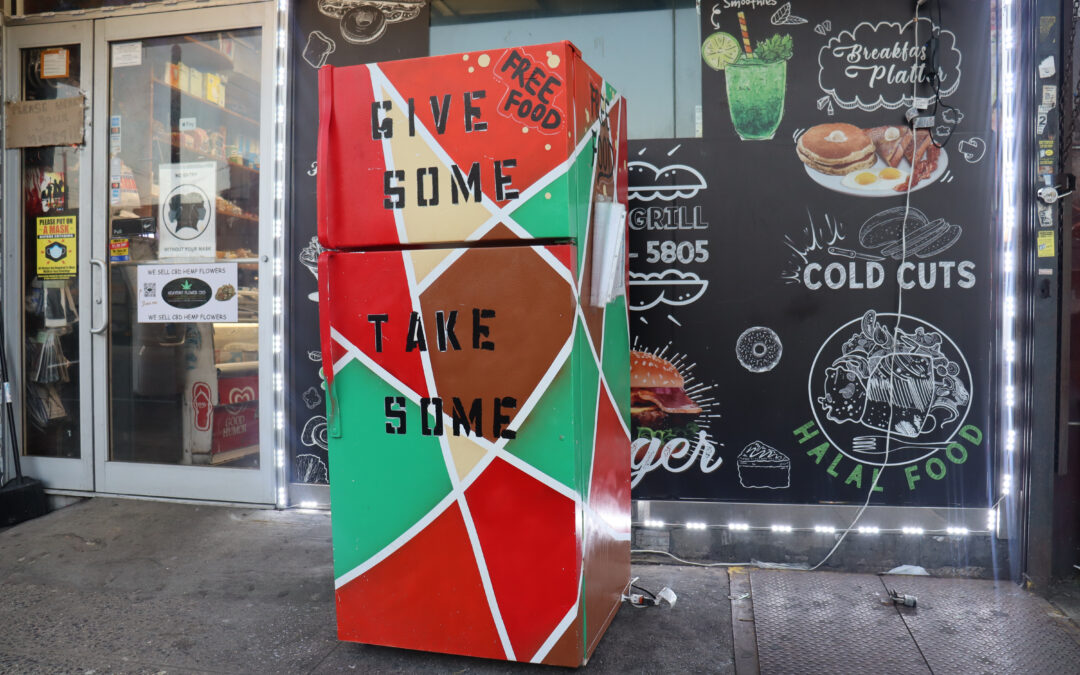
Community Fridges: Give Some, Take Some
Food insecurity is the inability of citizens to have reliable access to enough affordable, nutritious food. It is present in every county in the United States. The solutions range from […]

Food insecurity is the inability of citizens to have reliable access to enough affordable, nutritious food. It is present in every county in the United States. The solutions range from […]
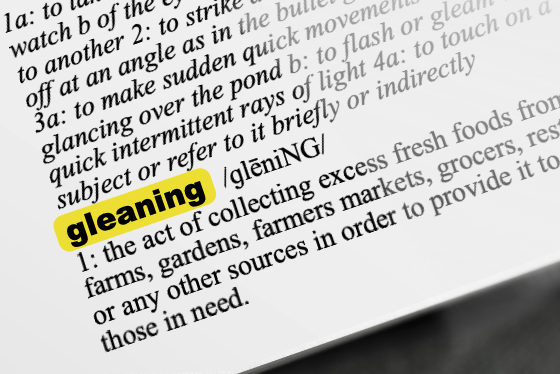
Gleaning is simply the act of collecting excess fresh foods from farms, gardens, farmers markets, grocers, restaurants, or any other source to provide them to those in need. In ancient […]

The story of New Venture Advisors’ inception in 2010 coincides with a pivotal moment in the United States’ local food movement. At that time, awareness was gradually dawning on the […]

Southeast Nebraska Development District (SENDD) represents nearly 150 jurisdictions ranging in population size from 30 to 10,000 residents across 16 counties. Recognizing that many rural communities have limited economic development […]
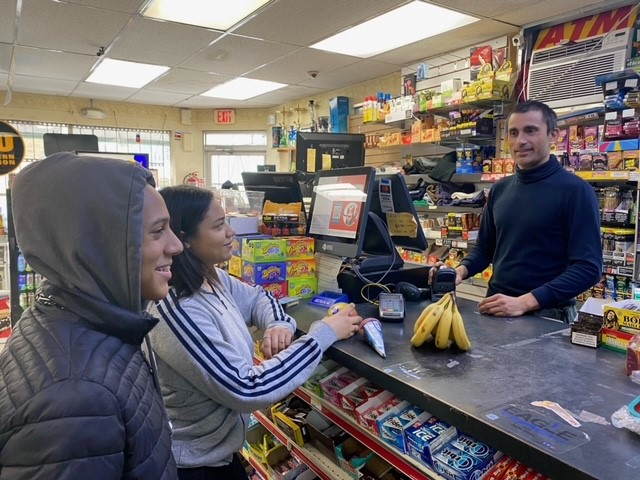
Manchester is the most populous city in New Hampshire and northern New England (which includes Maine, New Hampshire, and Vermont). As of the 2020 census, it had a population of […]

The field of economic development utilizes programs, policies, and commercial activities to improve a community’s economic well-being and quality of life. The field of food system planning can bring together […]
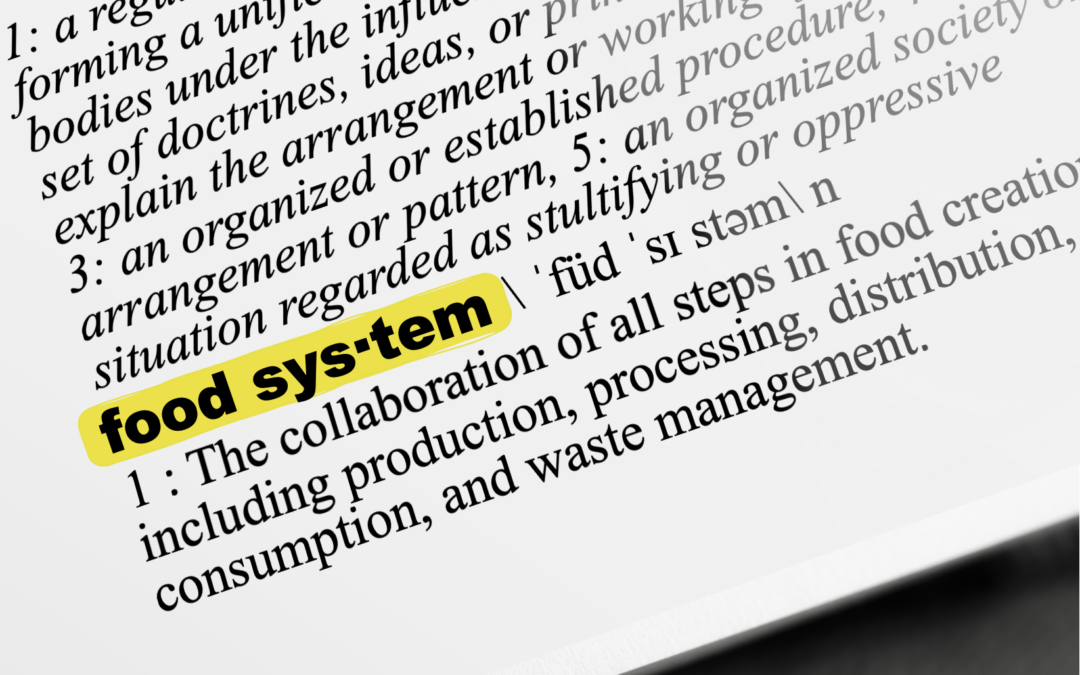
The “food system” is all the steps to get food from farm to table. It encompasses production, processing, distribution, consumption, and waste management. This system can work collaboratively to enhance […]
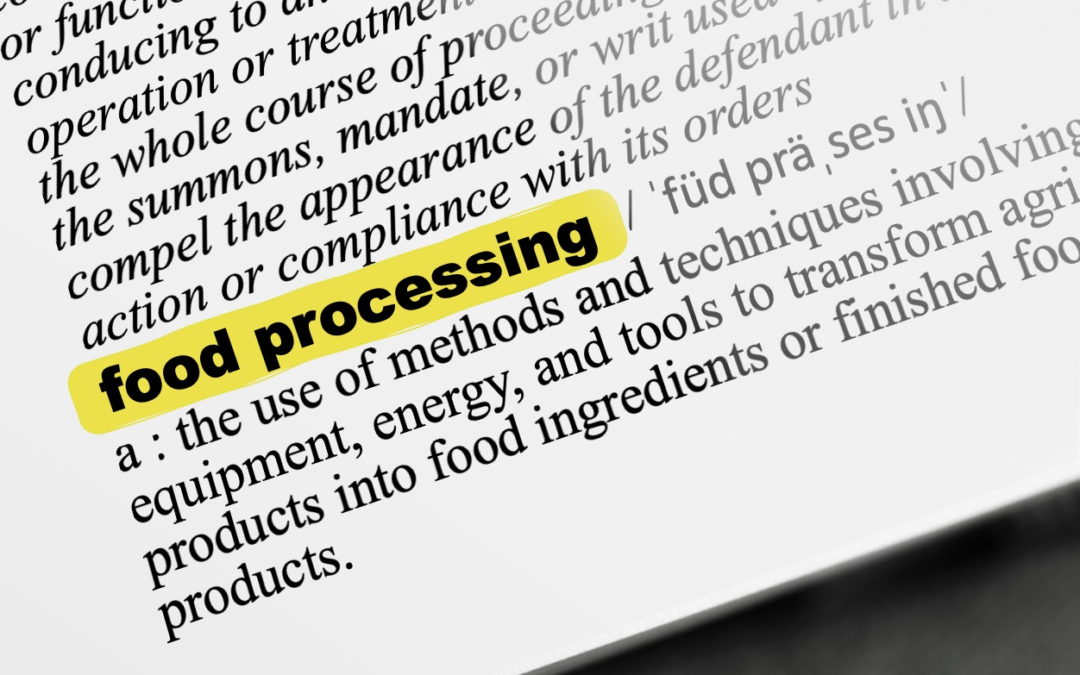
Food processing uses methods and techniques involving equipment, energy, and tools to transform agricultural products such as grains, meats, vegetables, fruits, and milk into edible, functional, and culturally relevant food […]
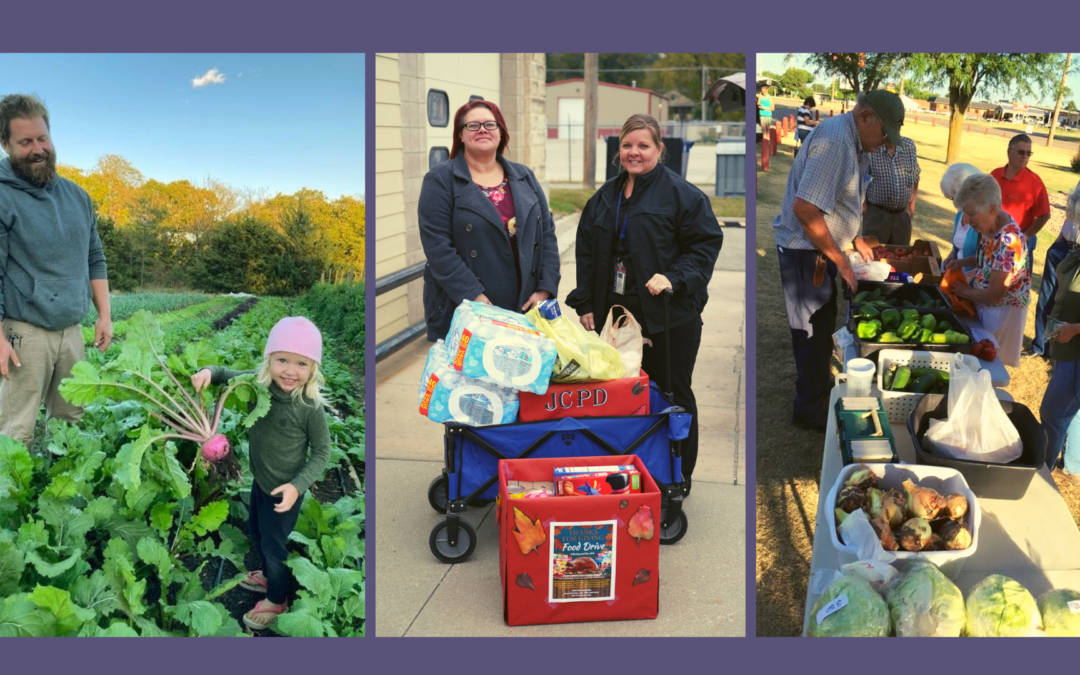
As part of the Pathways to a Healthy Kansas Initiative, Blue Cross Blue Shield of Kansas launched an innovative grant for community-driven approaches to addressing the social determinants of health. […]
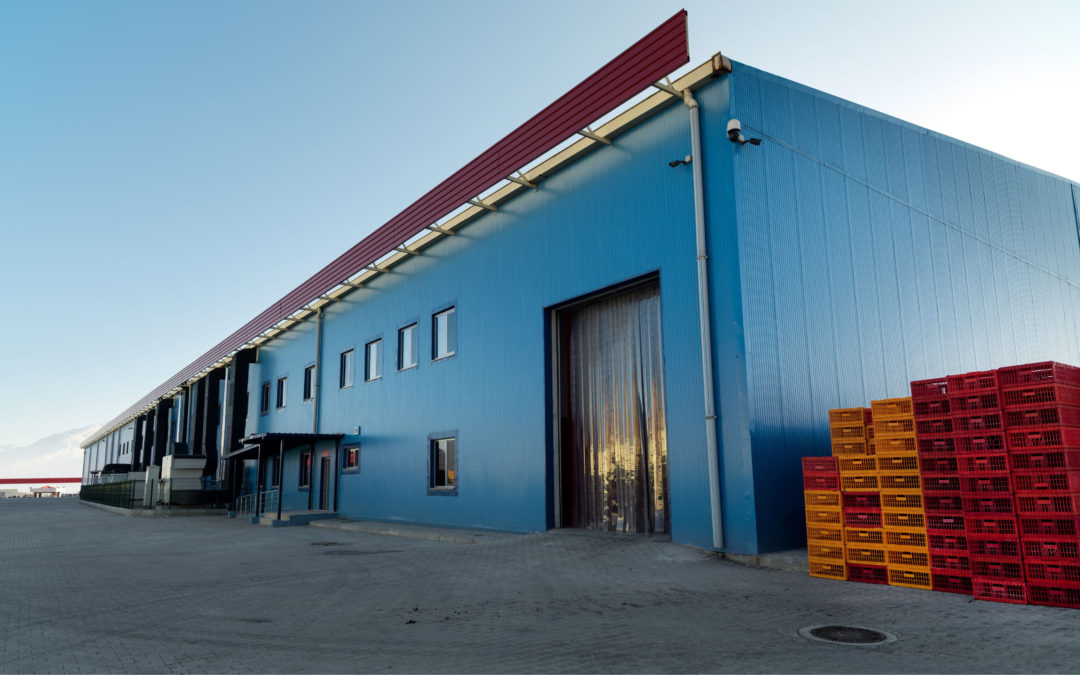
Cold storage, in any capacity, is vital to creating a more resilient food system. It ensures that as little goes to waste as possible at every step of the value […]
In 2021, the Whatcom County Food System Committee conducted a community food assessment that pointed to key opportunities to build a more robust and resilient regional food system. New Venture Advisors partnered with Whatcom County staff and the Food System Committee to draft a Whatcom County Food System Plan that builds upon these findings. This Plan focuses on five key goals for building a more equitable, sustainable, and resilient food system, and was informed by an inclusive community engagement process. The Food System Plan will provide the county with a policy roadmap that will strengthen the local food system for years to come. (2023)
The Whatcom Community Foundation invests in activities and organizations that improve the ability of people to help themselves, increase connections among people, and take cooperative approaches to community issues. WCF is exploring the development of a local food campus on a waterfront property that would become a multi-tenant site, anchored by a collaborative production kitchen benefitting food access, school system, and community organizations. The goal is strengthening Whatcom County’s local food system by promoting health equity, forging tangible strategic connections between food production organizations, and helping farmers connect with institutional markets. The facility will also feature an incubation kitchen, demonstration kitchen, event and classroom space, collaborative office and conference facilities, and housing. New Venture Advisors developed the business case for this ambitious project and continues to support its development through engagement and operational development. (2023)